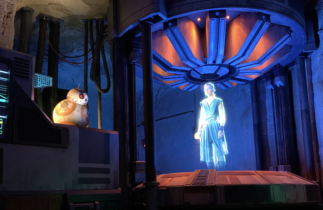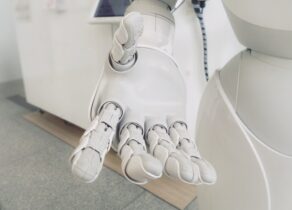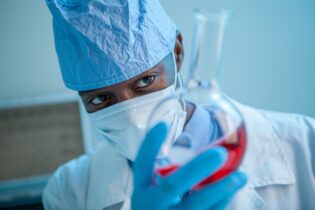Artificial intelligence (AI) has improved our terrestrial living standards for decades. However, can these practical computer algorithms be applied to applications beyond our planet, and if so, how can AI assist us in our space missions and interstellar exploration?
AI can help astronauts and ground-based space operations. AI is already becoming a vital component of space travel and its exploration, helping conduct tasks humans would otherwise be unable to perform while in space, such as the analysis of cosmic occurrences, system controls, the charting of stars, black holes, and more.
Many agencies and companies, like NASA, the European Space Agency (ESA), SpaceX, and Google, already use AI to find new celestial objects and improve astronauts’ lives in space. We will look at how AI is being used to aid in space exploration and what the future of AI in space will bring.
Understanding AI
AI is a set of computer programs designed to match the thinking of humans. It can be used to build ‘smart machines’ that perform various tasks that would otherwise require humans and their intelligence to run, in some cases much faster than a team of humans.
AI-Driven Rovers
NASA has already built autonomous rovers (such as the Perseverance rover) that use AI to complete their tasks and overall mission. These rovers can roam a planet’s surface, currently on Mars, and they are able to make decisions about the best routes to avoid obstacles and not require the earth-based mission control’s permission. Autonomous rovers are integral to some of the most important discoveries made on Mars.
Robots and Assistants
A larger field of artificial intelligence is called natural language processing (NLP), which involves programming computers to understand speech and text. A subfield within NLP is called sentiment analysis, also called emotional AI or opinion mining.
Sentiment analysis is the foundation of intelligence-based assistants designed to support astronauts’ future missions to our Moon, Mars, and beyond. So while science fiction fans may be worried about 2001’s Hal-like problems, there will be failsafe mechanisms in place, and these assistants will significantly benefit the crew.
AI assistants will be used to understand and anticipate a crew’s needs, including their mental health and emotions, to take action in daily activities and emergencies. Moreover, robots will help astronauts with physical tasks such as docking or landing the spacecraft, repairs that would require a spacewalk and its elevated risk, and much more.
Read the full article here.





